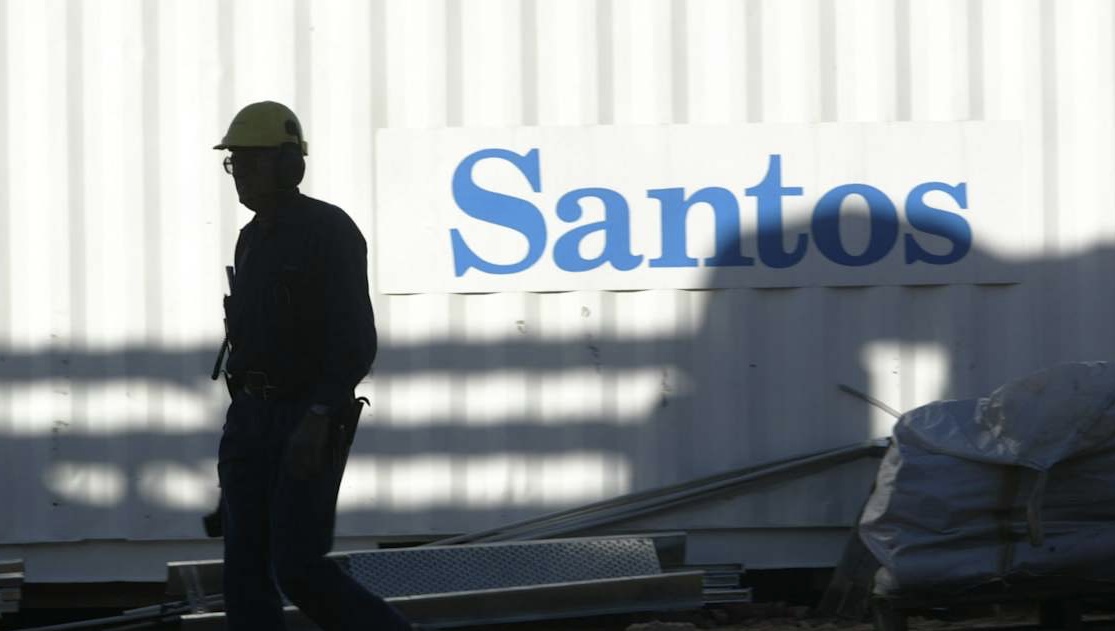KEY POINTS
- XRG consortium withdrew $16 billion Santos takeover bid.
- Santos cites regulatory and risk disagreements for collapse.
- Santos pursues Barossa and Pikka projects for growth.
Santos Ltd. confirmed that a high-profile takeover attempt led by Abu Dhabi’s XRG P.J.S.C. has collapsed, ending months of negotiations over what could have been one of the largest oil and gas transactions of 2025.
The consortium, which also included Abu Dhabi Development Holding Company and private equity firm Carlyle, withdrew its non-binding US$16 billion offer after failing to strike agreement with Santos on risk-sharing and regulatory guarantees under a proposed Scheme Implementation Agreement. The bid, valued at US$5.626 per share, was first tabled in June. It promised to significantly expand Abu Dhabi National Oil Company’s liquefied natural gas and upstream gas presence across the Asia-Pacific region.
XRG consortium ends takeover negotiations
Santos twice extended exclusivity as the consortium conducted due diligence, but by mid-September, the company’s board pressed for firmer commitments. Management cited disagreements over obligations to secure regulatory clearances and ensure domestic gas supply as decisive reasons the deal fell through.
The decision underscores how Australia’s political and regulatory climate has become a major obstacle for foreign buyers of strategic energy assets. Canberra has increasingly scrutinized offshore bids in oil, gas, and critical minerals, raising hurdles for global players seeking to expand through acquisitions.
Santos pushes independent growth strategy
With the deal off the table, Santos is leaning on its own expansion program. The Barossa LNG project offshore Northern Australia and the Pikka Phase 1 oil development in Alaska remain central to the company’s plan to increase production by about 30 percent by 2027.
According to OilPrice, Chair Keith Spence said Santos’ focus on a low-cost model and a strong pipeline of projects will deliver growing free cash flow, reduce per-unit costs, and sustain shareholder returns without the backing of a merger.
For ADNOC, the collapse halts its bid to strengthen its foothold in Asia-Pacific gas markets, at least temporarily. The state energy giant has been aggressively pursuing LNG and upstream assets in Asia and Europe; however, the Santos setback highlights the increasing complexity of cross-border deals in Australia’s energy sector.



